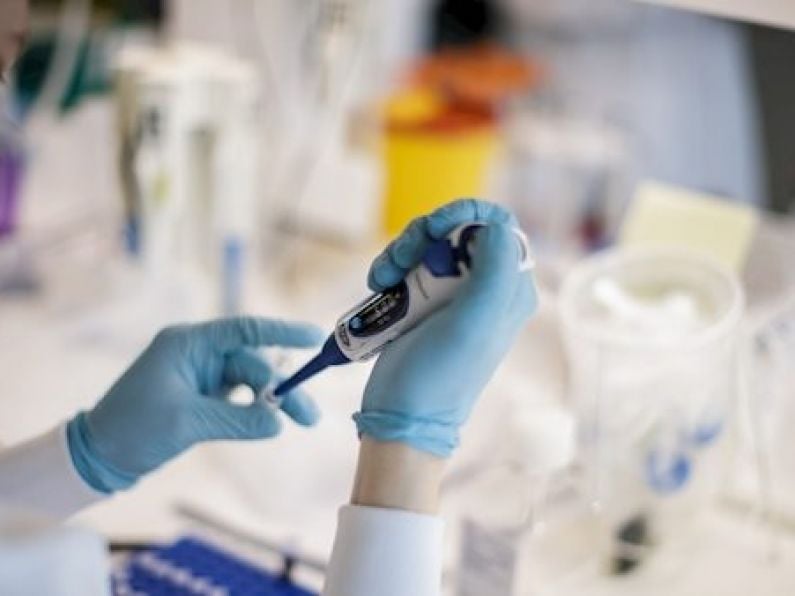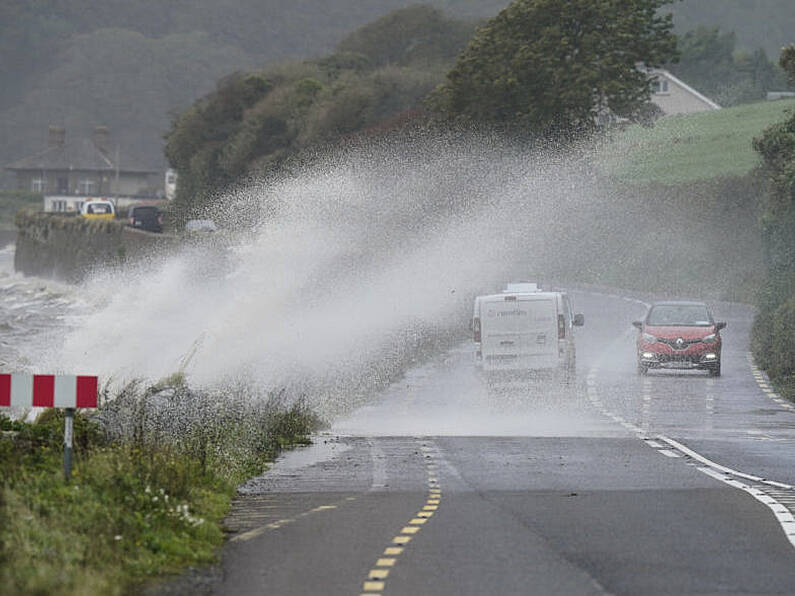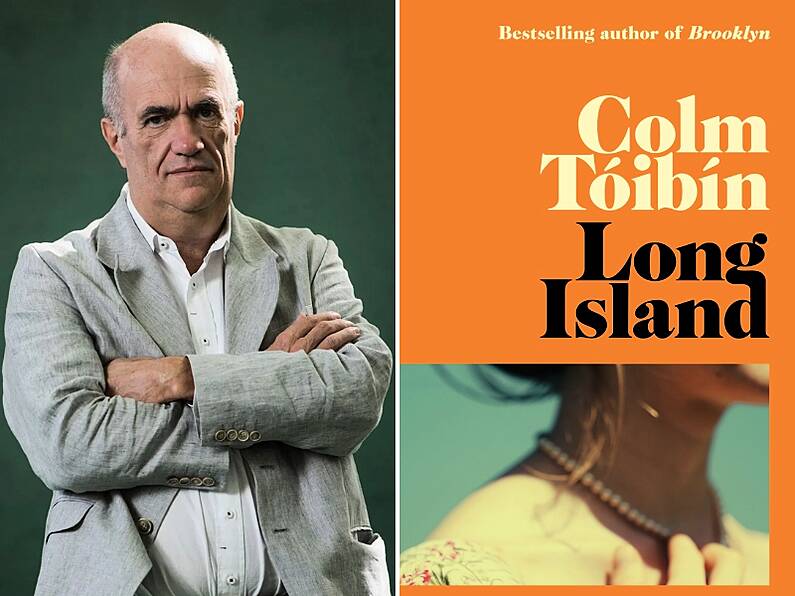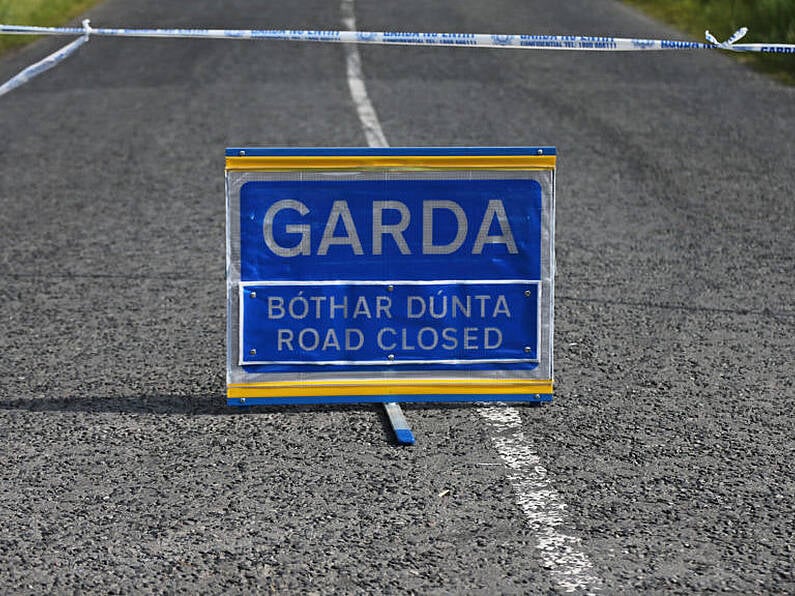By Vivienne Clarke
Immunology expert Dr Tomás Ryan has called on the Government to provide a strategy to help the country get to Level 1 by Christmas.
The assistant professor of biochemistry and immunology at Trinity College Dublin said that the framework announced by the Government this week was not a strategy, it was a structure for which a strategy was needed to show how the country could get to Level 1.
“We want a way of moving through this so we can get to Level 1 by Christmas,” he told RTÉ radio’s Morning Ireland.
Active measures were required, he said, such as a more aggressive system of testing and tracking and more regional measures allowing individual counties to take control of their own situations.
Dr Ryan said there were “great signals” coming from NPHET and he applauded the comments by Professor Philip Nolan, the chair of Nphet’s Epidemiological Modelling Advisory Group, who warned that cases of Covid-19 are now growing exponentially and every citizen in the State must take immediate action to reduce their contacts or it will not be possible to get the pandemic back under control.
We have to find more practical ways to live with the virus.
This was not the time for alarmism, said Dr Ryan, but it was the time for realism. If Dublin does go to Level 3, “hopefully” it will help to suppress the virus. If current infection rates were to continue there could be a potential doubling of cases every two weeks, he warned. Action was needed to turn around the situation.
“We have to find more practical ways to live with the virus.”
A clear strategy was needed to get numbers down while continuing to live with the virus without having to move to Level 3 every time numbers go up. Moving to Level 3 would prompt people to change their behaviour, he said.
Dr Ryan said it was very positive to see a commitment to improved testing and tracing in the Government’s new road map. Everything possible needed to be done to suppress the virus.
Earlier on the same programme World Health Organisation (WHO) spokesperson Margaret Harris said that stopping transmission of the virus was in the public's hands. If too many contract the virus, it would mean hospitalisations and then hospitals would be overwhelmed, she warned.






